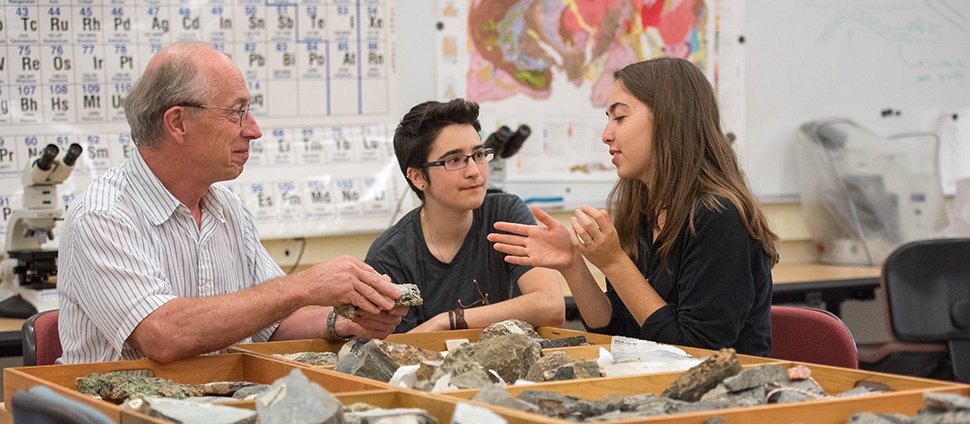Document Type
Article
Publication Date
7-1-2021
Publication Title
Lethaia
Abstract
Small shelly fossils (SSFs) are minute fossils moulded or replaced by apatite, and less commonly, other minerals like glauconite and iron oxides. This taphonomic mode is best known from Cambrian deposits, though some occurrences occur across geological time. Instances of small shelly-style preservation were found in insoluble residues from the Lower Triassic Virgin Limestone Member exposed in southern Nevada, the western United States, a second such occurrence known from this unit. Fossil steinkerns of tiny brachiopods, echinoid spines and ophiuroids are fluorapatite, with scarce phosphatic internal moulds of bivalves and two replaced ostracods. In contrast, the crinoid ossicles, almost all of which are >1000 µm, are preserved as stereomic moulds of silica or dolomite. Though the style of preservation is similar to another Virgin Limestone small shelly fossils-style assemblage, this assemblage preserves greater diversity, likely reflecting the variation in palaeocommunities across the shelf. The size selectivity of phosphatization is clear, as the majority of the fossils <1000 µm are phosphatized. Importantly, the original skeletal material does not exert the strongest control on style of preservation: crinoid ossicles are replaced or moulded by silica whilst ophiuroid and echinoid fragments are phosphatized. It is likely that the underlying phosphatization mechanisms are related to the small particle size of the skeletons or skeletal elements coupled with the local pore water environment. Early Triassic equatorial seas characterized by warm temperatures and lower oxygen levels likely fostered small shelly fossil-style preservation across the shelf during this time.
Keywords
Apatite, Lower Triassic, mass extinction, steinkern, taphonomy
Volume
54
Issue
3
First Page
368
Last Page
377
DOI
10.1111/let.12409
ISSN
00241164
Version
Version of Record
Recommended Citation
Maxwell, Vivienne; Thuy, Ben; and Pruss, Sara B., "An Early Triassic Small Shelly Fossil-Style Assemblage from the Virgin Limestone Member, Moenkopi Formation, Western United States" (2021). Geosciences: Faculty Publications, Smith College, Northampton, MA.
https://scholarworks.smith.edu/geo_facpubs/172


